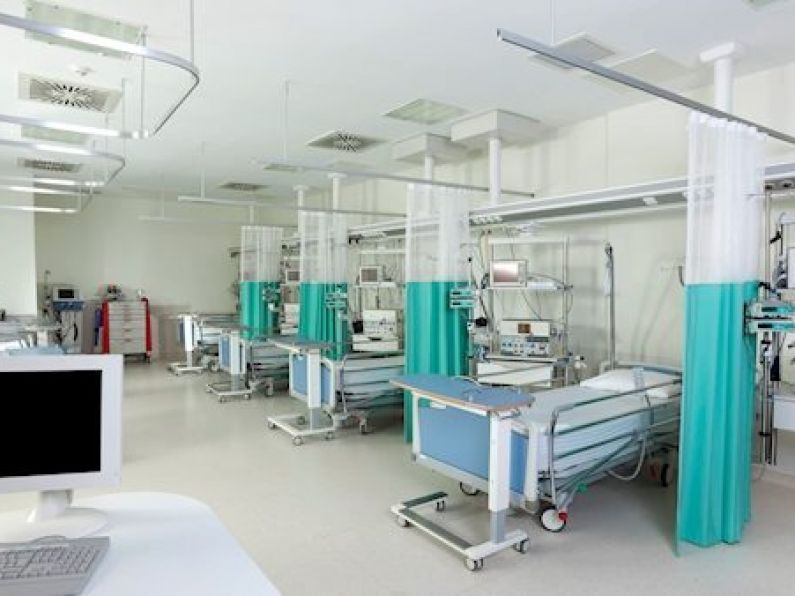By Ann O'Loughlin
A young woman with severe anorexia who should ideally be kept in hospital must be discharged home for her own safety due to the coronavirus crisis, the president of the High Court has ordered.
Doctors sought a home return with a treatment plan as the “lesser of two evils” because the young woman is at "grave risk" in hospital and the consequences of her contracting Covid19 “could be fatal”, Mr Justice Peter Kelly said.
Her treating doctor is seriously concerned for her safety in hospital because it is admitting people with symptoms of coronavirus as well as dealing with an outbreak of another virus, he noted.
While a home discharge was "by a country mile, not the ideal solution", it was "the only sensible solution", the judge said. He anticipated there may be similar applications concerning others with severe anorexia currently in hospital.
A ward of court in her early twenties, the woman has a history of anorexia over several years and was detained in hospital on March 2nd by court order for naso-gastric feeding in a situation where she weighed 38.6kgs with a Body Mass Index of 13.9.
She has only marginally improved and her doctor said, in an ideal situation, she would be kept in hospital but the situation there is too unsafe. Her doctor proposed home discharge with a community treatment plan involving her family being assisted by medical and other professionals in managing her treatment, under supervision by her doctor.
Patricia Hill BL, for the HSE, applied to Mr Justice Kelly on Friday for orders to that effect.
Aileen Curry, the woman’s court appointed guardian, said, if anyone had said some two weeks ago, when the woman was admitted to hospital, she should be discharged so soon, she (Ms Curry) would have opposed that as “crazy”.
The woman is "clearly very sick" but home discharge "is the lesser of two evils,” Ms Curry considered.
Her mother had said the home treatment plan was “a bit daunting” but the family would "get on with it". The mother felt a certain reassurance her daughter had received the treatment she needed at the right time and will "get through this”.
In his ruling, Mr Justice Kelly said the woman was made a ward of court on foot of medical evidence, as a result of the illness, she lacked capacity to make decisions concerning her welfare.
She was detained in hospital earlier this month because it was considered too medically dangerous for her to be home.
Anorexia, he noted, carries a high risk of heart attack and, for reasons including risk of re-feeding syndrome in seriously underweight individuals, nutrition is normally provided in hospital.
Unfortunately, since he had made the detention order, "much has changed in the world of hospital medicine in this country and in all our lives".
He had been told on March 2nd it was not safe for the young woman to be at home but a different view was taken now.
The doctor had said the woman is tolerating the tube feeding well but her condition remains "sub-optimal". While the doctor would normally continue to treat the woman in hospital, she considered the woman is more at risk there.
On the evidence, the judge said he would make the orders sought, including orders permitting the woman to be transferred from home back to a hospital or other appropriate medical unit if her situation deteriorates.
The woman is fortunate she has a very supportive family but this is a "very distressing" situation for her and them, he said. He could only sympathise and wish the woman and her family "the very best"






